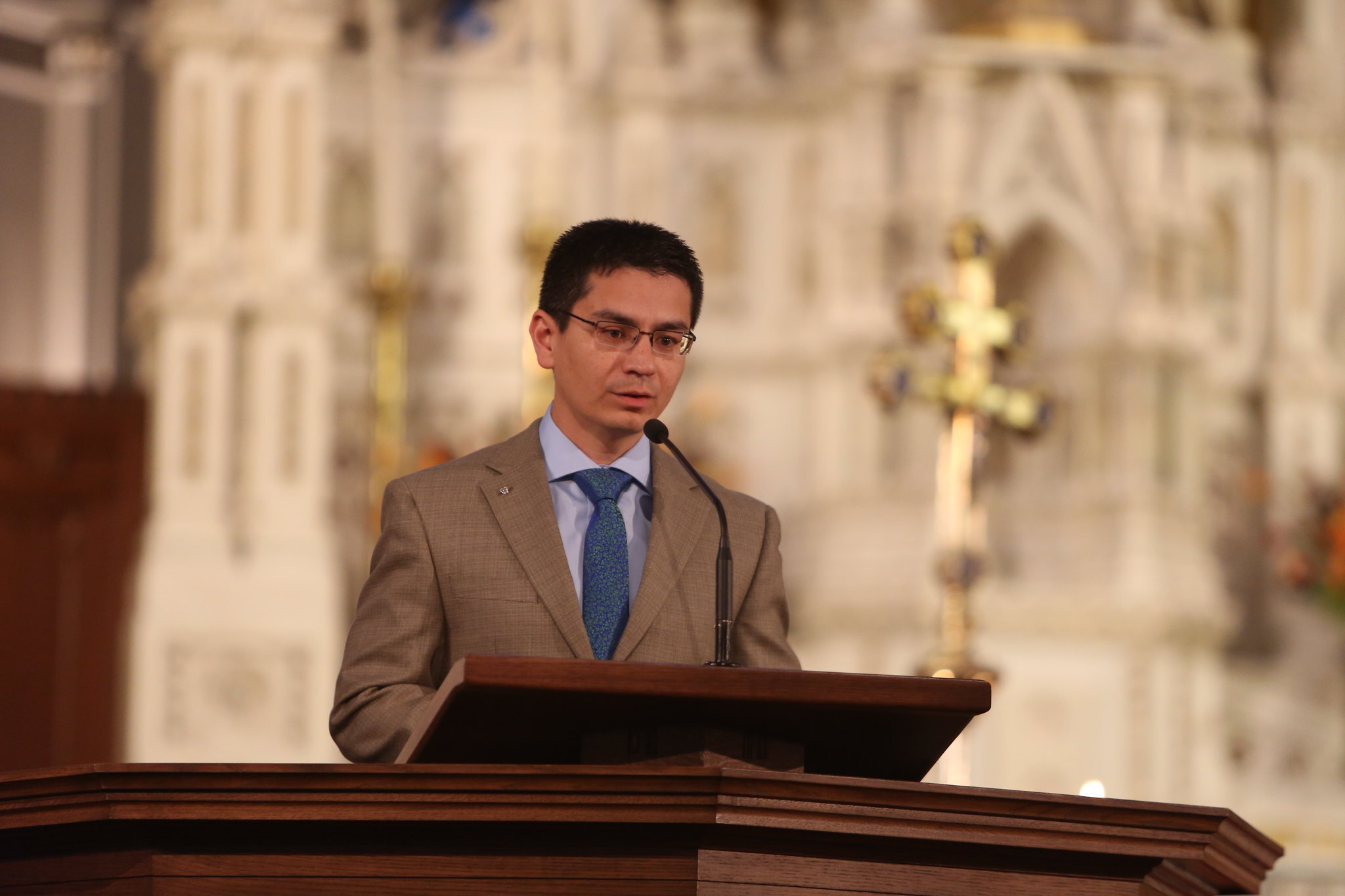
Lectors have been a part of human history for centuries, captivating audiences with their powerful voices and storytelling abilities. But what exactly makes a lector so special? Lectors are individuals who read aloud to others, often in settings like churches, schools, or even cigar factories. Their role goes beyond just reading words; they bring texts to life, making them accessible and engaging for listeners. Whether it's a sacred scripture, a classic novel, or a daily news article, lectors play a crucial role in bridging the gap between written words and the audience's imagination. Ready to dive into some intriguing facts about these fascinating individuals? Let's get started!
The Origins of Lectores
Lectores, or readers, have a fascinating history rooted in the cigar factories of Cuba. These individuals read aloud to workers, providing both education and entertainment.
- Lectores originated in Cuba in the mid-19th century. They were introduced to keep cigar rollers entertained and informed during long hours of work.
- The first lector was hired in 1865. This practice quickly spread to other factories in Havana and beyond.
- Lectores read a variety of materials. These included newspapers, political treatises, and classic literature.
- The tradition of lectores was brought to the United States by Cuban immigrants. It became particularly popular in Florida's cigar factories.
The Role of Lectores
The role of a lector goes beyond mere reading. They play a crucial part in the cultural and educational lives of factory workers.
- Lectores were often well-educated individuals. Many had backgrounds in teaching or journalism.
- They read in a loud, clear voice. This ensured that all workers could hear, even over the noise of the factory.
- Lectores helped to educate workers. Many workers were illiterate, so the readings provided them with valuable knowledge.
- They also provided entertainment. Popular novels and plays were often read, making the workday more enjoyable.
Impact on Workers
The presence of a lector had a significant impact on the lives of factory workers, both professionally and personally.
- Workers often contributed to the lector's salary. This showed how much they valued the service.
- Lectores helped to foster a sense of community. Workers would discuss the readings during breaks, creating a shared cultural experience.
- The readings often sparked political discussions. This was particularly important in the context of Cuba's fight for independence.
- Lectores were sometimes seen as leaders. They often played a role in organizing labor movements and strikes.
Challenges and Controversies
Despite their positive impact, lectores faced several challenges and controversies throughout their history.
- Factory owners were not always supportive. Some saw lectores as a distraction and a potential source of unrest.
- There were attempts to ban lectores. In some cases, factory owners tried to prohibit the practice altogether.
- Lectores had to be careful about what they read. Political readings could be particularly controversial and sometimes led to conflicts.
- The rise of radio and other media. These new forms of entertainment and information eventually reduced the demand for lectores.
Modern-Day Lectores
While the tradition of lectores has declined, it has not disappeared entirely. Some modern factories and other workplaces still employ lectores.
- Some cigar factories in Cuba and the U.S. still have lectores. They continue to read to workers, maintaining the tradition.
- Lectores have adapted to modern times. They now read a wider variety of materials, including contemporary literature and news.
- The role of the lector has expanded. In some cases, they also provide educational talks and workshops.
- Lectores are celebrated in Cuban culture. They are seen as a symbol of the country's rich cultural heritage.
Famous Lectores
Throughout history, several lectores have gained fame for their contributions to the tradition and their impact on society.
- Antonio Guiteras. A notable lector who became a prominent figure in the Cuban independence movement.
- José Martí. Although not a lector himself, his writings were frequently read by lectores, inspiring many workers.
- Carlos Baliño. Another influential lector who played a key role in the labor movement and the fight for workers' rights.
- Eusebio Hernández. A well-known lector who later became a respected journalist and political activist.
Cultural Significance
The tradition of lectores holds a special place in the cultural history of Cuba and other countries where it spread.
- Lectores are featured in Cuban literature and art. They are often depicted as symbols of knowledge and resistance.
- The tradition has inspired plays and films. These works highlight the unique role of lectores in society.
- Lectores have influenced other professions. The idea of reading aloud to educate and entertain has been adopted in various settings, such as schools and community centers.
- The legacy of lectores continues to inspire. Their dedication to education and culture remains a powerful example.
Fun Facts about Lectores
Here are some interesting tidbits about lectores that you might not know.
- Lectores often wore formal attire. This added to their authoritative presence in the factory.
- They sometimes used theatrical techniques. This made the readings more engaging and entertaining.
- Lectores had to be multilingual. In some factories, they read in both Spanish and English to accommodate diverse workforces.
- The readings influenced the naming of cigars. Some cigar brands were named after popular books and characters read by lectores.
- Lectores were sometimes involved in theater. Many had backgrounds in acting and brought their skills to the factory floor.
- The tradition of lectores has been recognized by UNESCO. It is considered an important part of Cuba's intangible cultural heritage.
- Lectores have inspired modern storytelling practices. The concept of reading aloud to an audience continues to be popular in various forms, such as audiobooks and live readings.
Final Thoughts on Lector
Lector, a fascinating character, has captured the imagination of many. From his unique abilities to his complex personality, there's no shortage of interesting tidbits about him. Whether you're a long-time fan or new to his story, these 35 facts offer a deeper understanding of what makes Lector so compelling. His background, relationships, and adventures paint a vivid picture of a character who is anything but ordinary.
Learning about Lector's strengths and weaknesses adds layers to his already rich narrative. It's clear why he remains a beloved figure in his universe. Keep these facts in mind next time you dive into his world. They might just give you a fresh perspective on this intriguing character. Thanks for joining us on this journey through Lector's life.
Was this page helpful?
Our commitment to delivering trustworthy and engaging content is at the heart of what we do. Each fact on our site is contributed by real users like you, bringing a wealth of diverse insights and information. To ensure the highest standards of accuracy and reliability, our dedicated editors meticulously review each submission. This process guarantees that the facts we share are not only fascinating but also credible. Trust in our commitment to quality and authenticity as you explore and learn with us.


